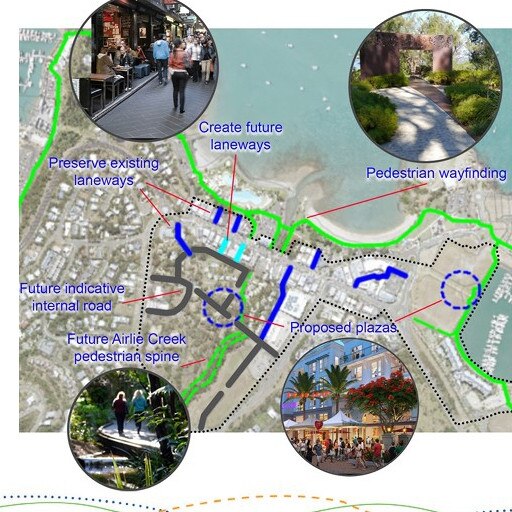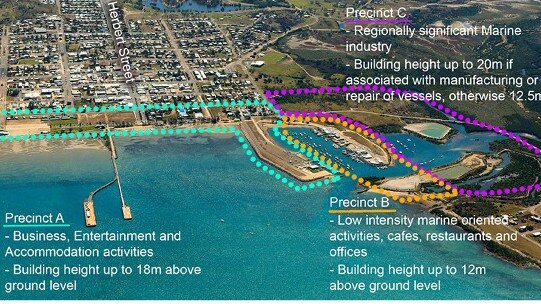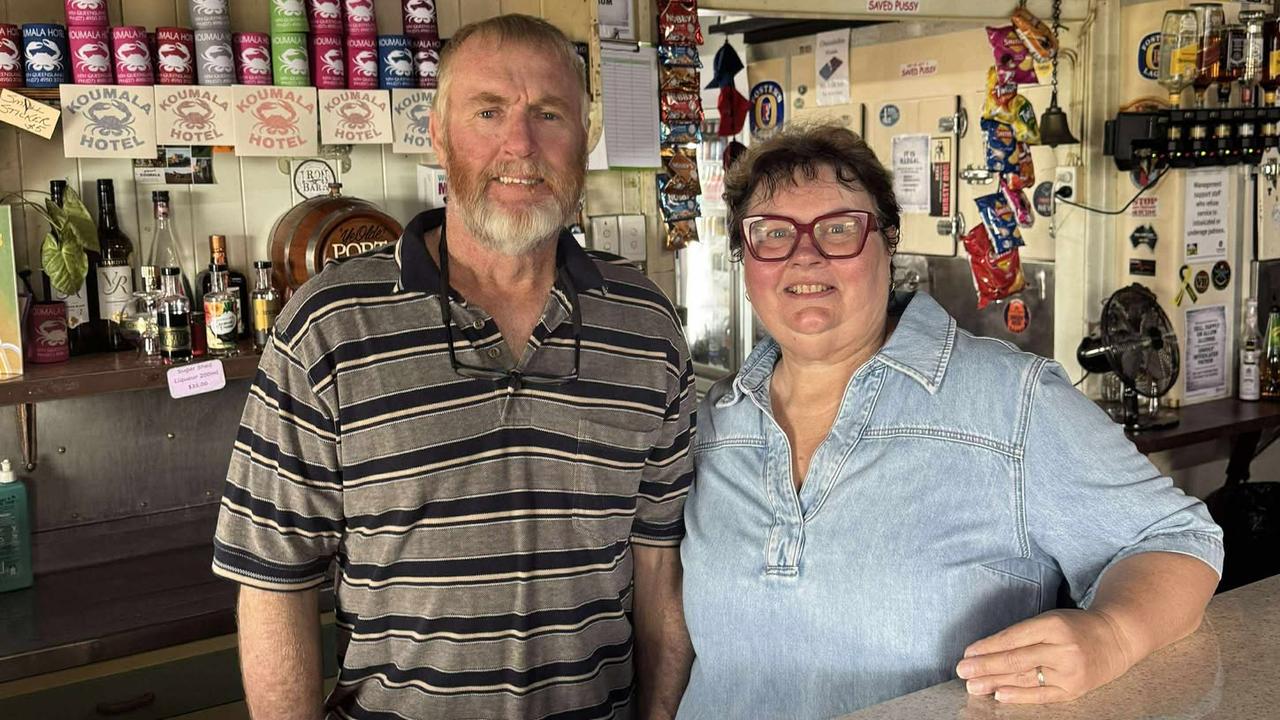Whitsunday planning scheme: More beer, coffee and night-life planned
There’s a suite of major changes in the proposal pipeline for the tropical north poised to create more entertainment options while cracking down on controversial party houses.

Business
Don't miss out on the headlines from Business. Followed categories will be added to My News.
A suite of major changes are poised to incentivise new microbreweries, coffee roasteries, night-life, and rural tourism opportunities for the Whitsundays.
The prospects are part of a proposed major amendment to Whitsunday Regional Council’s Planning Scheme that recently returned from a State Interest Review.
Drafted changes include introducing development incentives for small scale rural tourism, solar energy farms, aquaculture development west of Abbott Point, and entertainment options like bars, hotels, nightclubs and theatres.
Red tape would be cut for new microbreweries and coffee roasteries to be built in the region, and there is a crack down on party houses – which have caused controversy in the region – by revising the benchmarks for approving short-term accommodation.
The amendments also include an Airlie Beach Local Plan and a Bowen Local Plan.
An aesthetic aspiration underpins the Airlie Beach plan, detailing urban design, tropical landscaping such as vertical green walls, and pedestrian and vehicle movement promoting the town’s character.

There is also provision for new laneways and a plaza that activates “social cores” central to the Port of Airlie and Waterson Way.
Bowen’s plan focuses on promoting a marine industry and education, including catering for possible future port services and ferries, tropical architecture, and seaside views.
The plan designates three adjoining precincts, and if approved, building heights along the foreshore and Starboard Dr section of the Marina will increase from 12m above ground level to 18m.

There are also changes factoring in the Whitsundays’ environment with updated mapping, codes and regulations to prevent landslides; reduce flood and coastal hazards; and ensure new developments are water-sensitive and do not contaminate the stormwater network.
Residents have until September 16 to have their say before the major amendments are submitted for ministerial review.
The changes are expected to be adopted between February and March next year.





